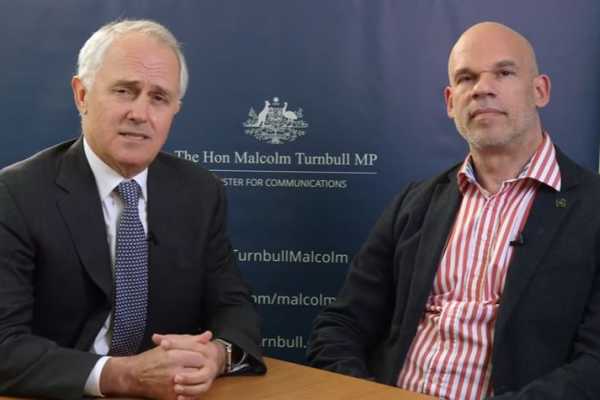Published on the 16/03/2018 | Written by Jonathan Cotton

Former DTO boss Paul Shetler has told a Senate inquiry that the government needs to overhaul its procurement process…
With 46 percent of Australians who access public services online saying that they experienced problems, you can safely say the state’s IT capabilities in their current form leave something to be desired.
Paul Shetler, former head of the government’s Digital Transformation Office, thinks it’s time to change that and the first thing to go should be the special relationship that exists between big vendors and government.
In a submission to the committee looking into the digital delivery of government services, Shetler says that years of outsourcing to contractors has “progressively deskilled the public service” to the point that it had grown to rely too heavily on external contractors to deliver ICT outcomes.
“This reliance has been increasing over the last five years as digital service delivery accelerates, Shetler writes in the submission.
“Reliance on vendors in turn further deskills the public service, to the point that it is not uncommon for public servants to seek advice from vendors about what they should be buying”.
Shetler also says that the government needs to be more competitive and accountable during the tech procurement process, which, in its present form, tends to lock out smaller startups.
“The current mode of procurement favours large international technology vendors and consultants over small-to-medium enterprises and new technology models that are regarded as unproven,” he says.
“Large, established firms who understand the sales process, and who can afford the heavy costs of the legal and sales teams, are the winners in this landscape. Over time, their products become increasingly embedded and their requirement to be competitive decreases as smaller and newer competitors are locked out.”
Shetler says that staffing level caps that restricts the overall number of public servants only contributes further to the problem.
“Despite their intention to reduce costs, these caps often shift work from government employees to more expensive contractors: the average cost of a government technologist in 2015/16 was $132,000, which is $180,000 lower than the cost of a contractor.”
“Government urgently needs to conduct capacity and capability planning for the future public service,” the submission states. “As part of this, the public service should establish a widespread digital capability program, working across all levels of seniority.”
One solution for this, he proposes, is the recognition of procurement as a career specialism and provision on a career path for commercial procurement professionals in government. Government agencies should also dismantle panels in favour of rapid digital procurement pathways.
“Digital transformation refers not just to delivering good services now, but adopting the practice and culture of continuous improvement required to continue iterating digital services in the future.”
“The public service should be capable of delivering government services in the digital age, with policy and delivery specialists working side-by-side in multi-disciplinary teams…empowered with the data, technology and understanding to respond to changes in user needs and government priorities.”
View Shetler’s submission to the inquiry into the digital delivery of government service (and 25 others) here.



























